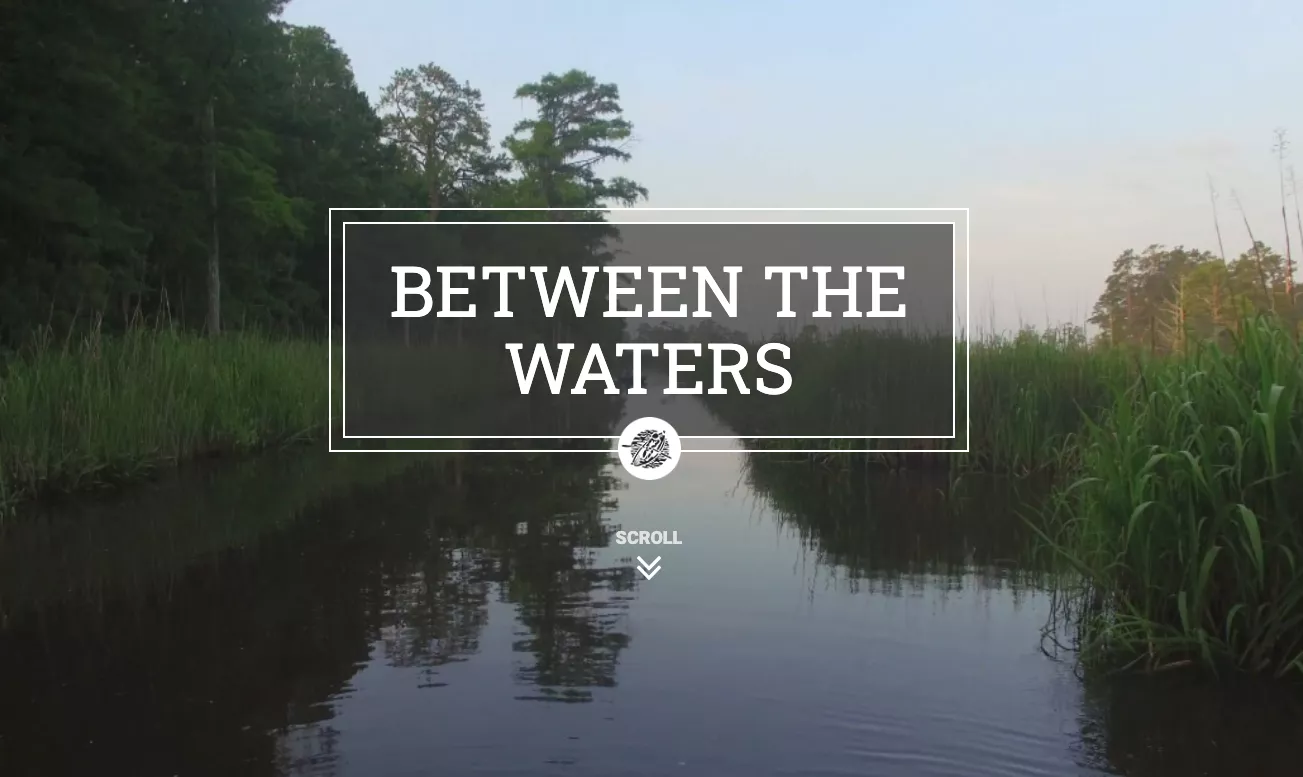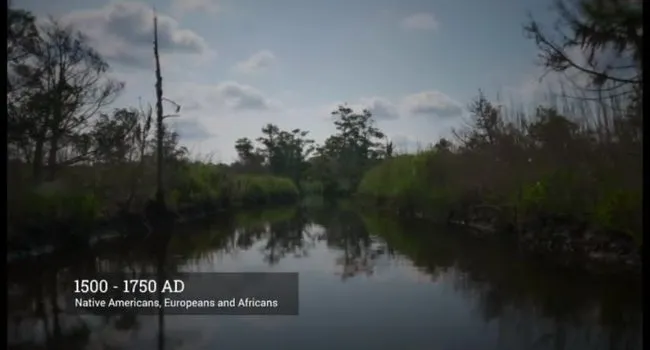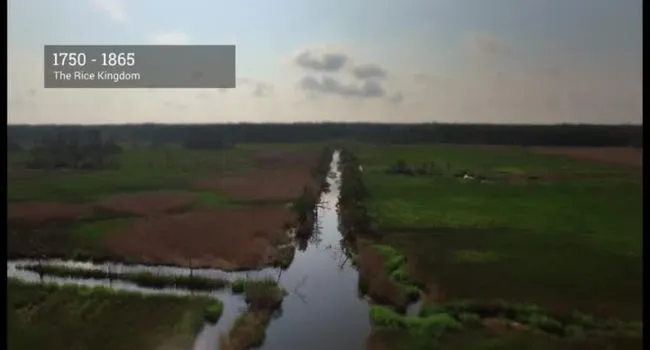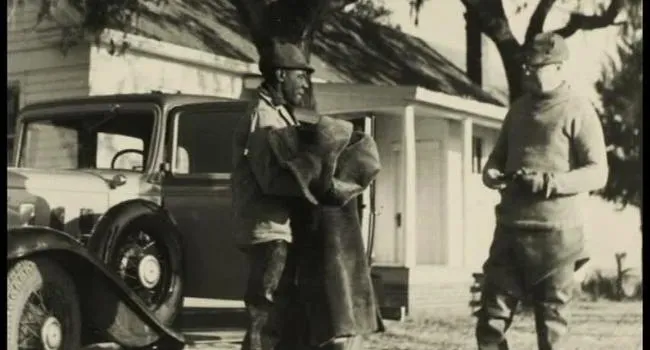
Video
Between the Waters is a production of South Carolina ETV and is funded by the National Endowment for the Humanities and Humanities South Carolina. The first project about Hobcaw Barony produced by...
Between the Waters is SCETV’s immersive transmedia website showcasing the culture and history of Hobcaw Barony, a 16,000 acre historic site on the coast of South Carolina. Located between Charleston and Myrtle Beach, Hobcaw is a crossroads representing every era of human history, providing a lens through which many threads of the nation’s story may be examined. Visitors to the Between the Waters website take a self-directed virtual tour of Hobcaw Barony, moving down the roads and rice canals, entering slave dwellings and grand houses, watching videos, examining photographs, and listening to historians and the first-person stories of former residents and relatives.
View the "Between the Waters" documentary below. Closed captioning has been provided for this broadcast program.
Also, view the original documentary, "The Baruchs of Hobcaw Barony."
South Carolina Educators, recertification courses are available.
Please note, we segment longer documentaries into parts for classroom usage on KnowItAll.org. If you prefer to see the full documentary, click the link below to view on scetv.org.

Video
Between the Waters is a production of South Carolina ETV and is funded by the National Endowment for the Humanities and Humanities South Carolina. The first project about Hobcaw Barony produced by...
Video
1000 BC – 900 AD is known as the “Woodland Period” of Hobcaw Barony’s history. The area of Hobcaw was inhabited by the Waccamaw Native American tribe. The name Hobcaw means “Between the Waters” in the...
Video
In the 16th century, Spanish and English settlers came to colonize Hobcaw Barony. This was a dark time for the Waccamaw people, for Spaniards colonized Waccamaw land without regard for the natives...
Video
In the 18th and 19th centuries, rice was the most produced crop in the United States, and provided the most wealth. Historian Daniel Littlefield, and botanist Richard Porcher, discuss rice’s African...
Video
The area of Georgetown went from one of the wealthiest districts prior to the Civil War, to one of the poorest. Lee Brockington, senior interpreter at Hobcaw Barony, discusses the impact of the ending...
Video
Many families of former slaves still lived in old slave housing, but the prospects of jobs, better housing, and food, were very appealing for Hobcaw’s African American communities. During the 1930s...
Video
Robert McClary, who used to work for Bernard Baruch, moved to Hobcaw Barony in 1937. The McClary family visits Hobcaw Barony in March 2015, and explore some of the locations significant to Robert...
Video
In the early years of the twentieth century, a number of prominent, wealthy Northerners purchased land on the Waccamaw Neck. Bernard Baruch, who bought Hobcaw Barony in 1905 as a winter vacation home...
Video
Joshua Shubrick was a former resident of Friendfield Village. He split his time between Georgetown, where he cared for his mother, and Hobcaw, where he went to Strawberry School. Shubrick stayed with...
Video
Culinary adaptations transformed traditional African dishes into a unique, new creolized cuisine, influenced by European and Native American traditions, and characteristic of Gullah culture. Foodways...